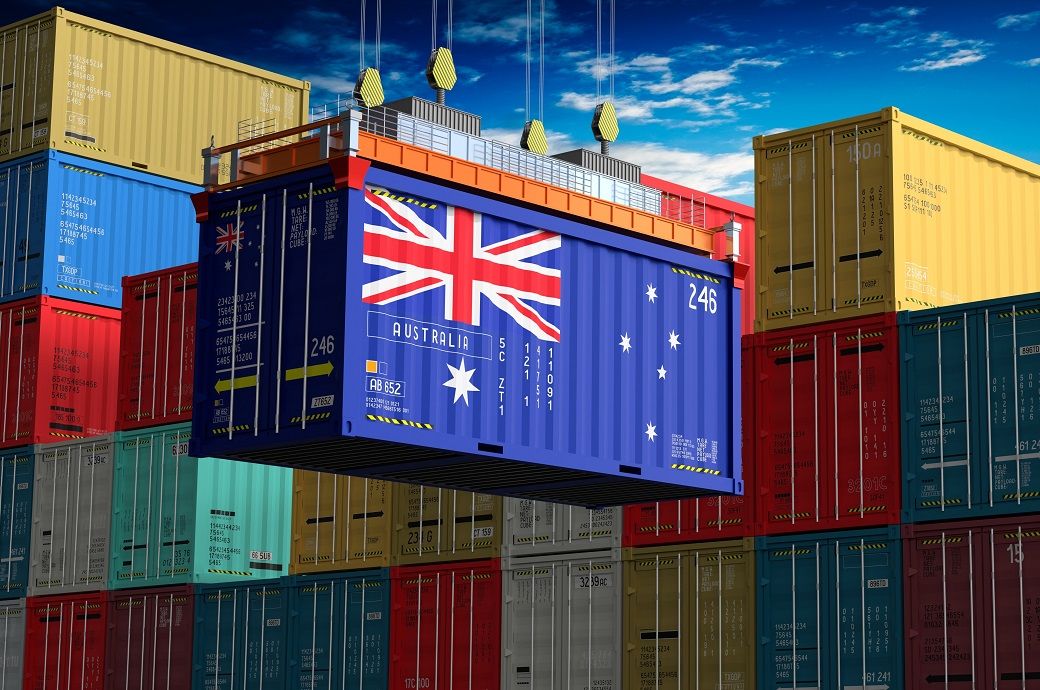
This move is expected to simplify the trading landscape for Australian businesses, especially benefiting small to medium enterprises by removing the burden of navigating the tariff regime and its associated costs. With most goods currently entering Australia duty-free due to successive trade agreements, the existing tariff preferences and concessions have become more of a compliance hurdle than a protective measure for businesses, often resulting in added costs for consumers, the government said in a press release.
By abolishing these tariffs, the Albanese Government seeks to eliminate 14 per cent of Australia’s total tariffs, streamlining approximately Au$8.5 billion (approximately $5.6 billion) worth of trade annually and saving businesses over Au$30 million (approximately $19.8 million) in compliance costs each year. Items such as protective footwear, menstrual and sanitary products, chamois leather, pyjamas, and fishing reels are among those to see the removal of the 5 per cent customs duties.
This reform is not only set to align tariff policy with previous changes made to the GST, particularly regarding menstrual and sanitary items, but also ensures that the abolition of these tariffs benefits businesses without negatively affecting Australian industries or complicating negotiations for future Free Trade Agreements (FTAs).
“By abolishing hundreds of import tariffs, we’ll reduce red tape, boost productivity, ease the burden on small businesses and help to cut the cost of doing business. This is meaningful economic reform that will deliver meaningful benefits to businesses of all sizes around Australia. These tariffs impose a regulatory burden on Australian businesses and raise the costs of imported goods but they do little to protect our workers and businesses because they apply to goods that are mostly already eligible for duty-free importation,” Treasurer Jim Chalmers.
ALCHEMPro News Desk (DP)
Receive daily prices and market insights straight to your inbox. Subscribe to AlchemPro Weekly!